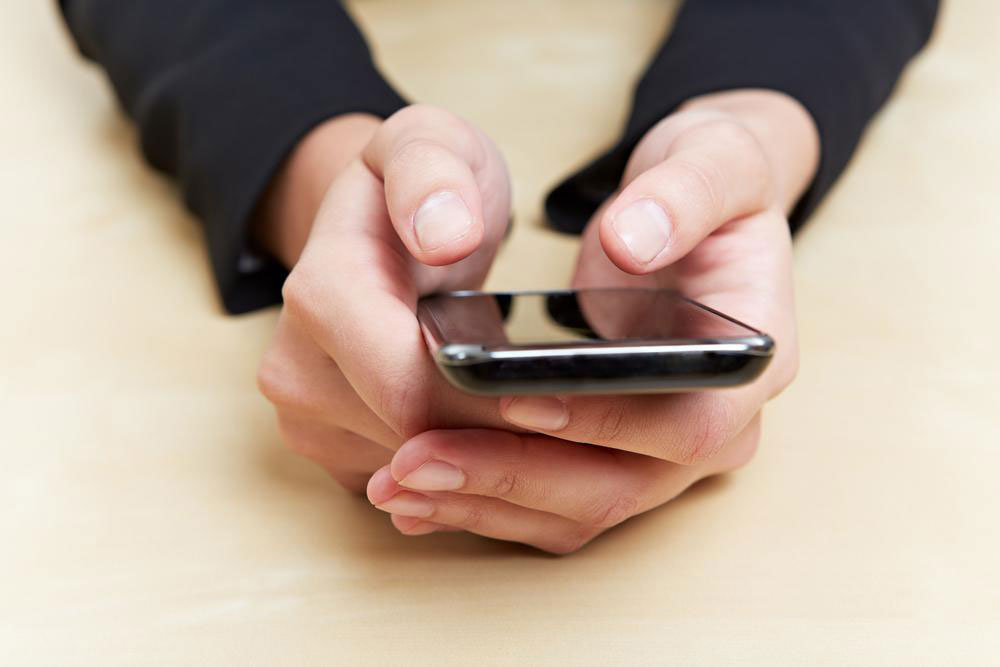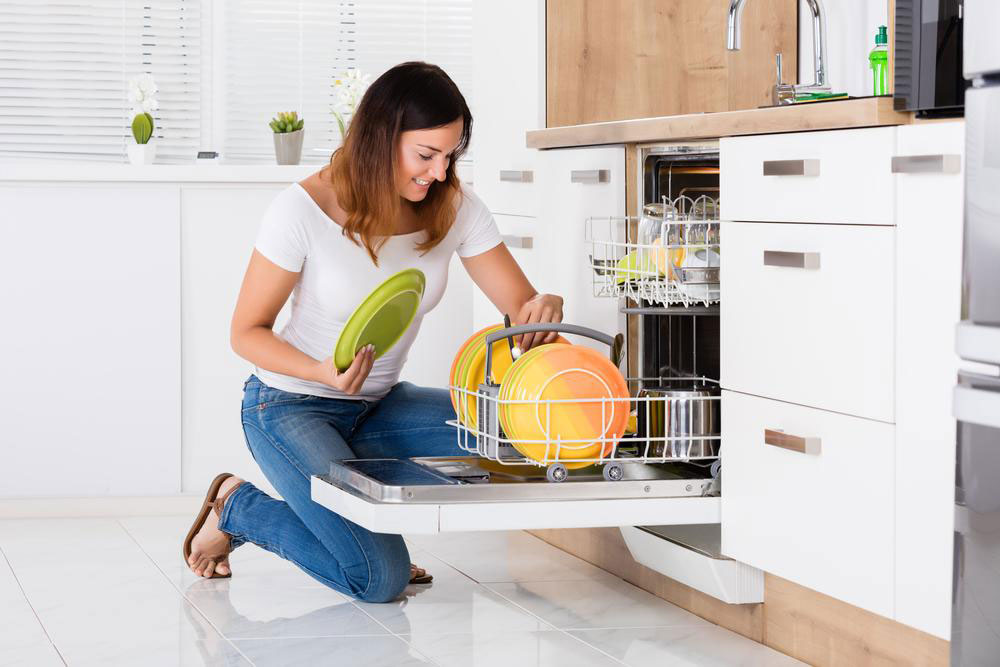Expert Guide to Buying a Reliable iPhone: Tips for Smart and Safe Purchasing
This comprehensive guide offers expert tips for purchasing a reliable iPhone, emphasizing model selection, trusted sellers, verification of device status, and ensuring compatibility. Whether you're buying new, used, or refurbished, these strategies will help you make an informed decision, avoid common pitfalls, and secure a high-quality device that fits your needs and budget. Enhance your purchasing confidence with proven advice designed for modern consumers seeking value, safety, and performance in their iPhone investments.

Are you planning to purchase a new or used iPhone? With a plethora of options available in today's market, making an informed decision is more important than ever. Whether you're considering a brand-new iPhone 15, an older model like the iPhone 12, or a certified refurbished device, understanding the key factors can help you choose a reliable, high-quality product that truly meets your needs. This comprehensive guide provides essential tips to help you navigate the purchasing process smoothly, ensuring you get the best value for your money.
Firstly, determine which iPhone model aligns with your needs and preferences. The latest iPhone 15 offers cutting-edge features and improvements, but older models like the iPhone 12 or iPhone 13 can be more affordable while still providing excellent performance. Consider your usage habits, such as photography, gaming, or business needs, to select a model that offers the right specifications.
Next, set a realistic budget based on your financial situation. iPhones come in a wide price range, from premium flagship prices to more budget-friendly options. This step helps narrow down your choices and directs you toward stores or marketplaces within your financial capacity.
Research reputable sellers, whether online or local stores. Trusted online platforms like Swappa, Gazelle, or Amazon Certified Refurbished are excellent options for purchasing verified, inspected phones. If you prefer buying in person, visit authorized Apple stores or well-known electronics retailers with a proven reputation for authentic products and reliable warranties.
When exploring used or refurbished devices, verify the condition and history of the phone. Ask sellers for detailed information about the phone's previous usage, any damages, repairs, or replacements. Look for warranties or return policies to safeguard your purchase. Certified refurbished iPhones undergo rigorous testing, come with warranties, and are a safer choice over unverified used devices.
Another crucial factor is whether the iPhone is unlocked or carrier-specific. An unlocked phone allows you to switch carriers freely, providing greater flexibility and potentially saving costs on SIM plans. Confirm this status before purchasing, especially if buying from third-party sellers or online marketplaces.
Compatibility is also key—ensure the iPhone model you select supports the network bands used by your carrier. This verification will prevent frustrating issues like inability to connect to mobile networks post-purchase.
Check for the device's IMEI number, often provided by the seller, and verify it with official databases to confirm it's not reported as lost, stolen, or blacklisted. This step helps avoid future connectivity issues and legal complications.
Furthermore, inspect the device physically upon receipt or in person. Look for signs of damage, screen defects, or battery health issues. Some sellers offer tools or apps to check battery status and overall device health, especially for used devices.
Understanding the warranty and return policies is pivotal. Certified refurbished models typically include a warranty period, giving you peace of mind in case of defects or issues after purchase. Always document your transaction and keep receipts and warranty information safely.
Finally, negotiate prices when possible. Comparing prices across different vendors and marketplaces can reinforce your bargaining power. Remember, a slightly higher investment in a certified device can lead to better longevity and user satisfaction.
In summary, buying an iPhone requires careful research and planning. Consider model options, set your budget, choose reputable sellers, verify device status, and inspect thoroughly. By taking these steps, you’ll ensure that you make a smart, safe, and satisfying purchase that delivers excellent performance and value for years to come.





